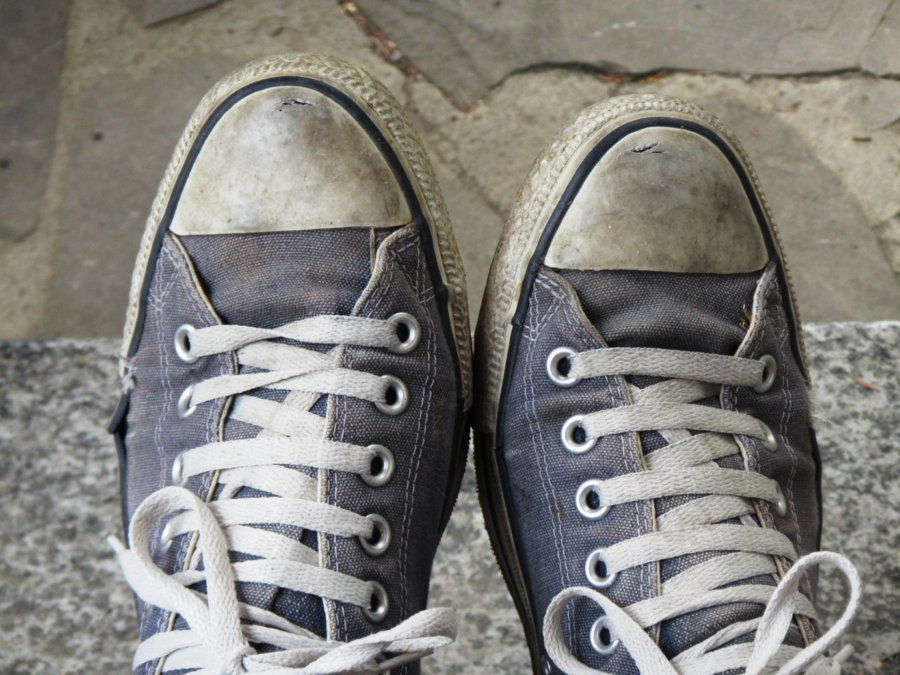Shiralkar: A mile in your own shoes
February 6, 2021
With the third week of the semester off to a snowy start already, it has become somewhat of a chore to walk to class. Not that it would be a source of great enjoyment otherwise, but the walk is an escape to many people. In lieu of what would normally amount to a sense of routine, the occasional stroll is now something I personally look forward to. As such, I’ll try to make my case for this quick little physical activity we could all be partaking in on the regular.
A company I interned with in 2019 had a policy that encouraged strolls and other types of rendezvouses with nature, with each one a minimum of 20 minutes specifically outside the building, in the open. To me, this was a bit strange, since the weather in Idaho at that time was particularly damp and cold. It bordered on extremely unpleasant, barely settling in at a manageable harsh chill. To everyone else, it was a walk in the park. By the end of my internship, I had affirmed in good faith that the policy made sense — and not just for the mobility aspect.
In the recent past, studies have linked mental health with controlled physical exertion. Engaging in various activities has shown to help boost creativity — philosopher Friedrich Nietzsche took long walks before ideating or writing up papers. Whether or not the physical movement played a role in the quality of papers he put out, it was a big help to clear up the mind. Author and philosopher Henry David Thoreau also believed in the power of a little excursion in the outdoors. These people were obsessive walkers who also were renowned for their original artistic expression.
What does interacting with nature have to do with stress (and relief)? Research shows a distinct correlation between not just the motion in an open environment, but also the perception of nature itself. Indoors, at our desk, we are prone to pay attention voluntarily. Looking at things, poking around at the workbench, reaching for phones and other devices of distraction, it’s all exhausting. In nature, the load shifts to involuntary attention, which requires less focus and is, thus, less draining on the psyche. This allows the brain to refresh its energy reserves, thereby letting the creative juices to flow more freely. If one is walking, for example, the pace of the thoughts can be controlled by the pace of the walk.
The whole idea of going outdoors has, generally, been associated with a task. There’s an end goal in mind: thrift a scarf or get some milk or drop off some mail. But now, in the middle of a pandemic, it’s OK to go outside with no purpose. Listening to podcasts or audiobook narrations is a wonderful way to decompress, a method which has been tried and tested these past semesters. The invigorating rush of blood (and oxygen) that comes with a long walk is a reminder that there are nice things hidden in the random rhythm of life. It may be cold right now, but as the weather clears up, it should make for a pleasant roaming of the campus grounds. Wash your hands and wear a mask.







